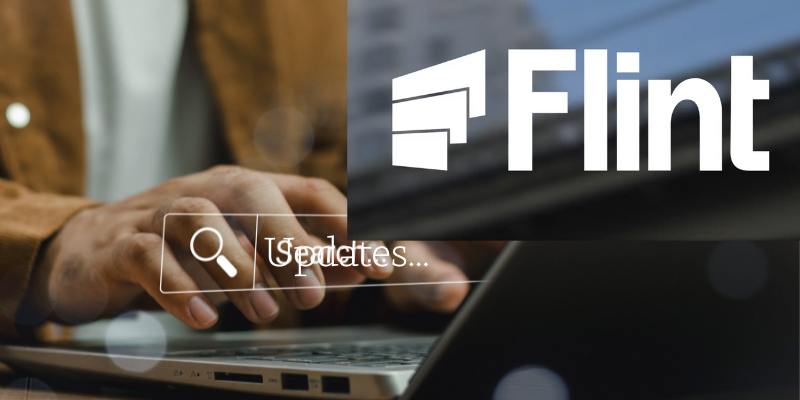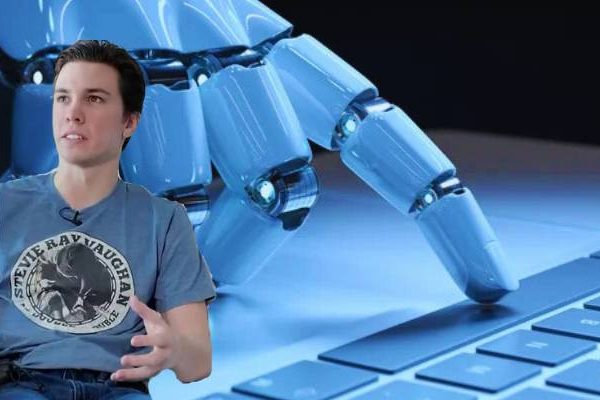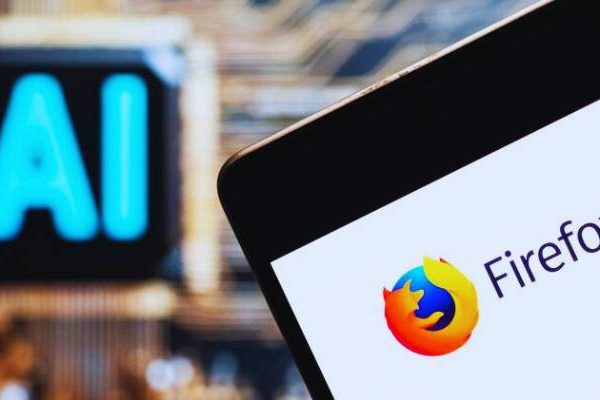
The Internet That Thinks for Itself — Flint’s Bold Bet on Self-Updating Websites
A new startup called Flint wants to end the era of static web pages by building sites that literally run themselves.
In its latest reveal, the company announced a $5 million seed round backed by Accel and Sheryl Sandberg’s venture fund to fund a platform that creates and optimizes web pages without human help.
The report on TechRadar’s coverage of Flint’s launch describes websites as “autonomous agents,” capable of publishing content, analysing engagement, and rewriting themselves on the fly.
Here’s how it works: users upload a brief and their site’s design system, and Flint’s AI instantly generates SEO-ready pages and pushes them live. It’s like hiring a full-time web team — except it doesn’t sleep.
The company says its technology already powers sites for firms like Cognition, Modal, and Graphite.
Sheryl Sandberg herself said the product could “shape discoverability and advertising for the AI generation,” echoing similar ambitions seen in Microsoft’s AI-Cloudflare partnership aimed at agent-ready search.
Still, there’s an elephant in the server room. How will search engines react when websites start optimizing themselves in real time?
Google’s systems are designed for static pages and predictable indexing. If Flint’s model works, AI-SEO may no longer mean optimizing for search — it could mean optimizing with it.
Some industry analysts, like those quoted in Search Engine Land’s recent discussion on AI-generated content, warn that such automation might trigger ranking penalties or content-authenticity concerns.
Yet, the idea isn’t entirely out of the blue. Automation has been inching closer to web design for years — from Hostinger’s AI site builder rollout to adaptive design experiments at Webflow and Wix.
Flint just pushes that logic further: self-learning sites that adjust layouts, messaging, and even pricing based on live data. It’s the logical next step — and maybe a little terrifying.
I’ll admit, part of me loves the audacity of it. Another part wonders what happens when every website becomes a thinking organism, constantly evolving, rewriting, reshaping — a digital jungle where SEO, marketing, and design blur together.
Still, as one VC quipped during Flint’s pitch, “If your website doesn’t evolve, it dies.” Maybe that’s where we are now — the web as a living thing, and Flint just gave it its first heartbeat.





















